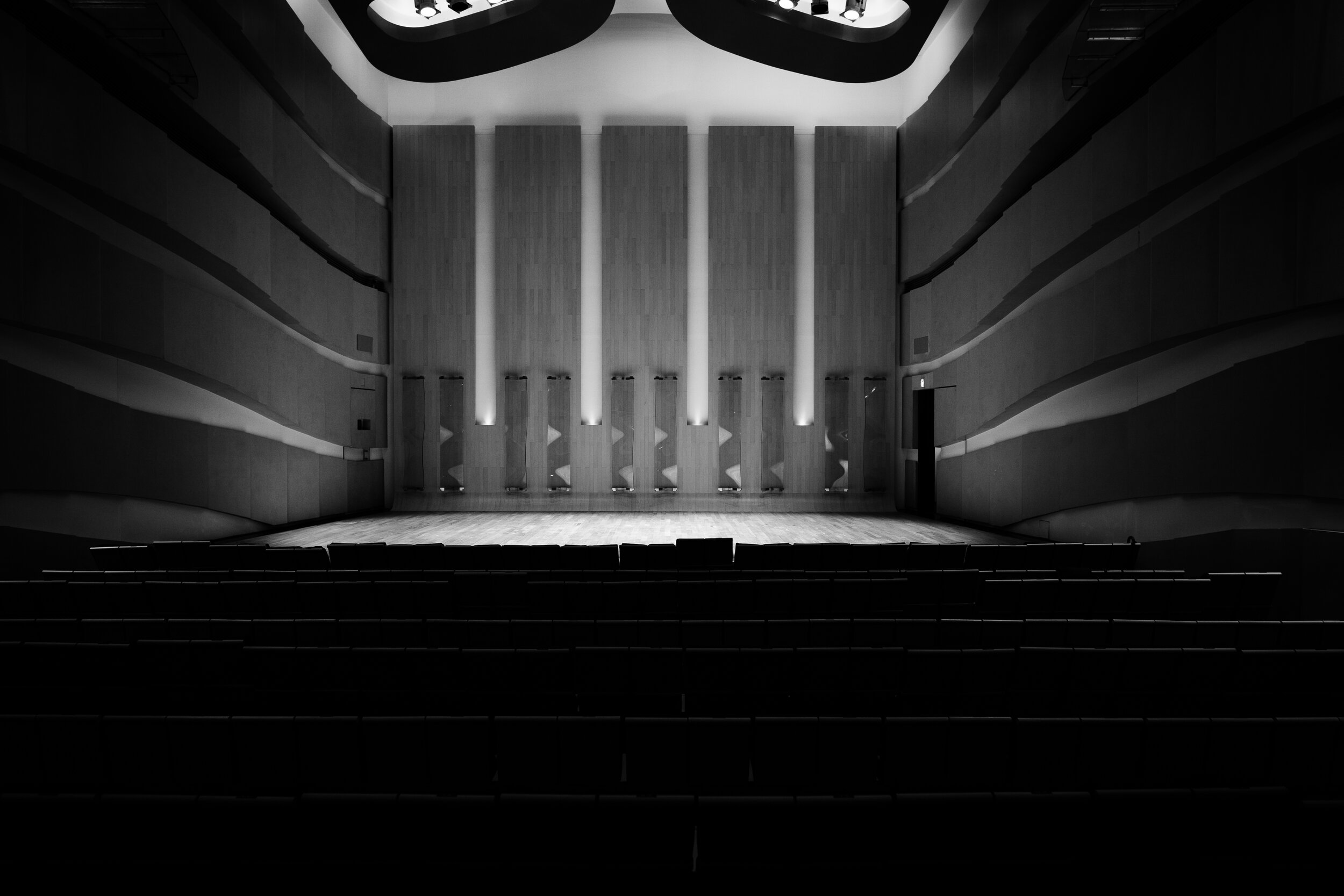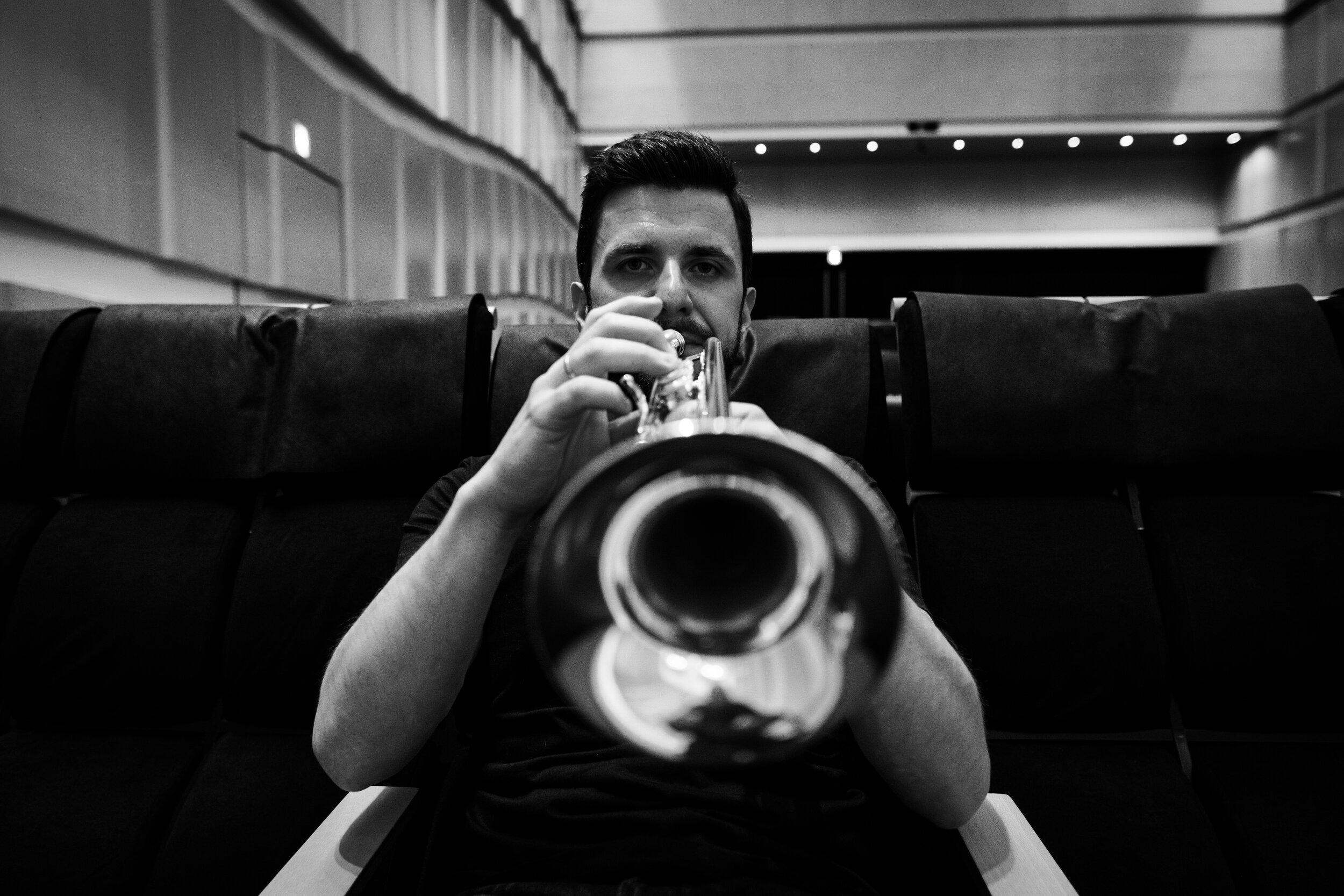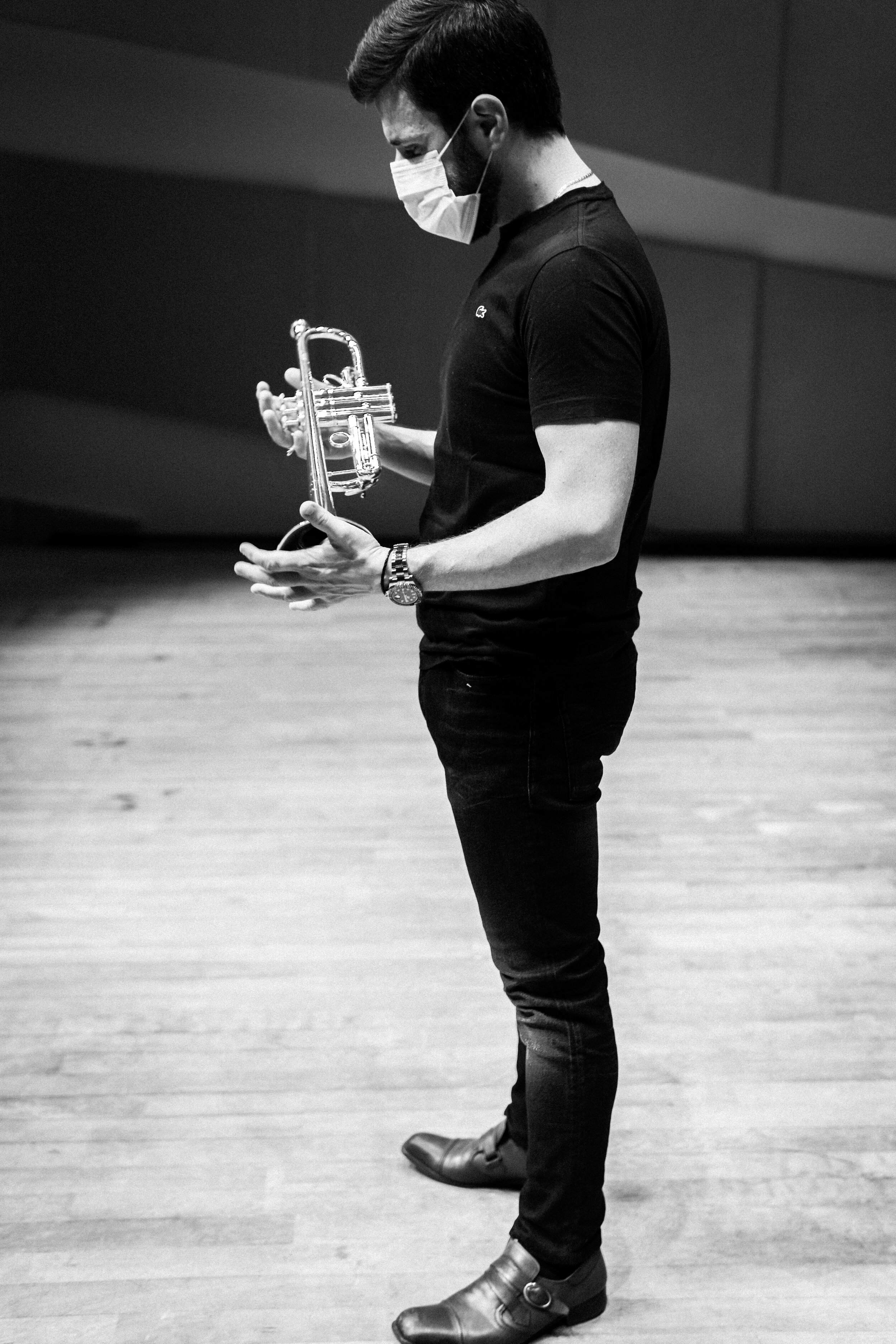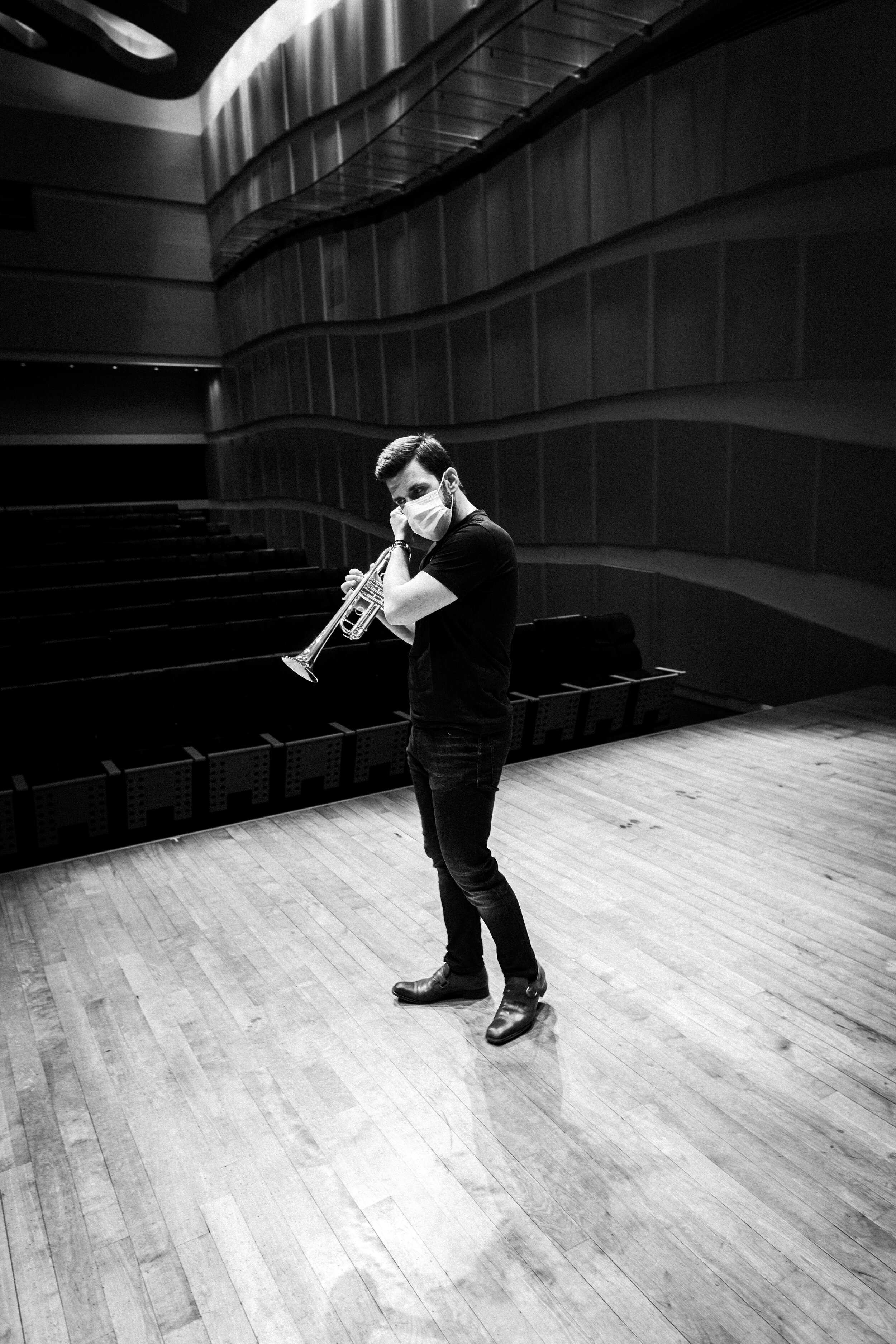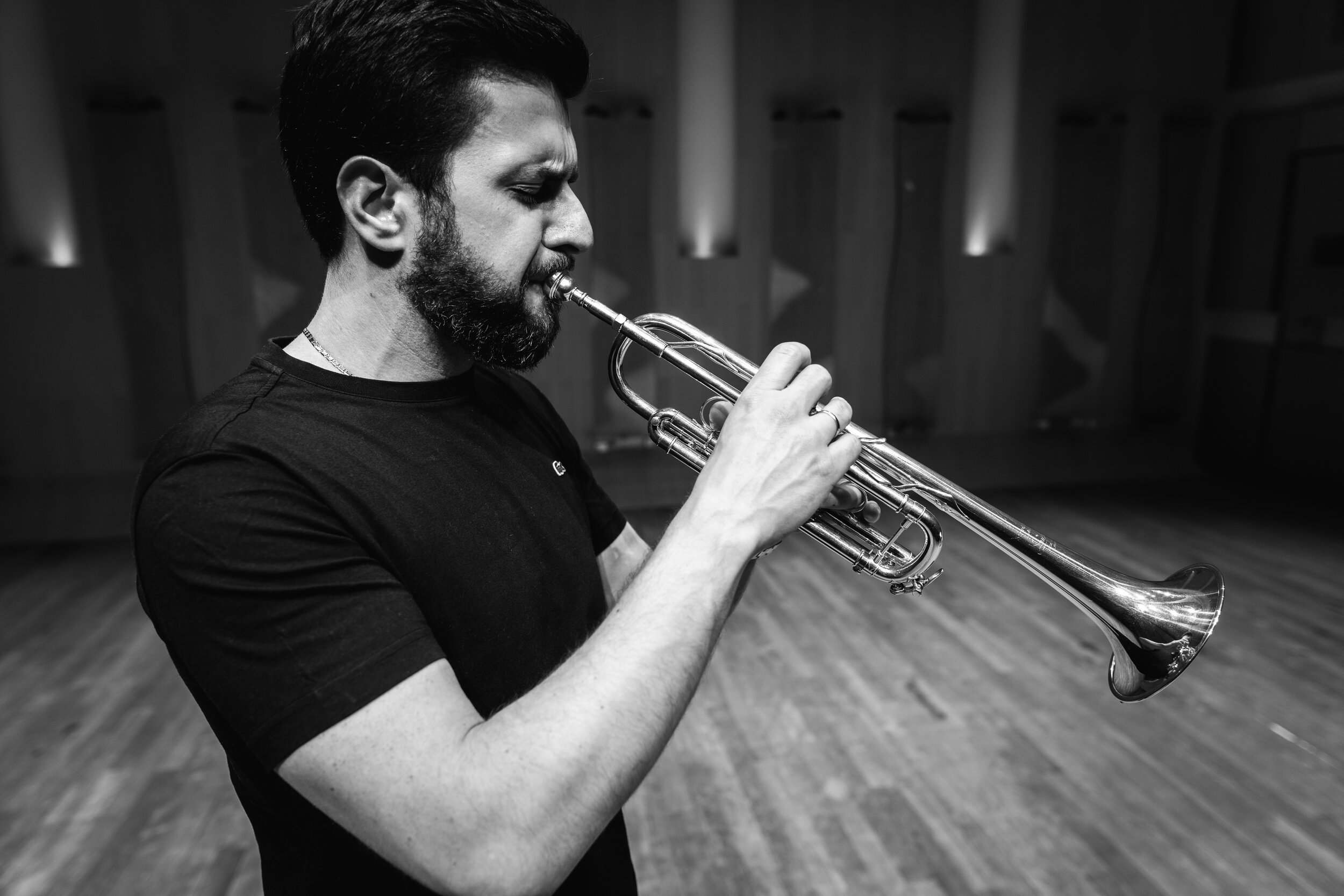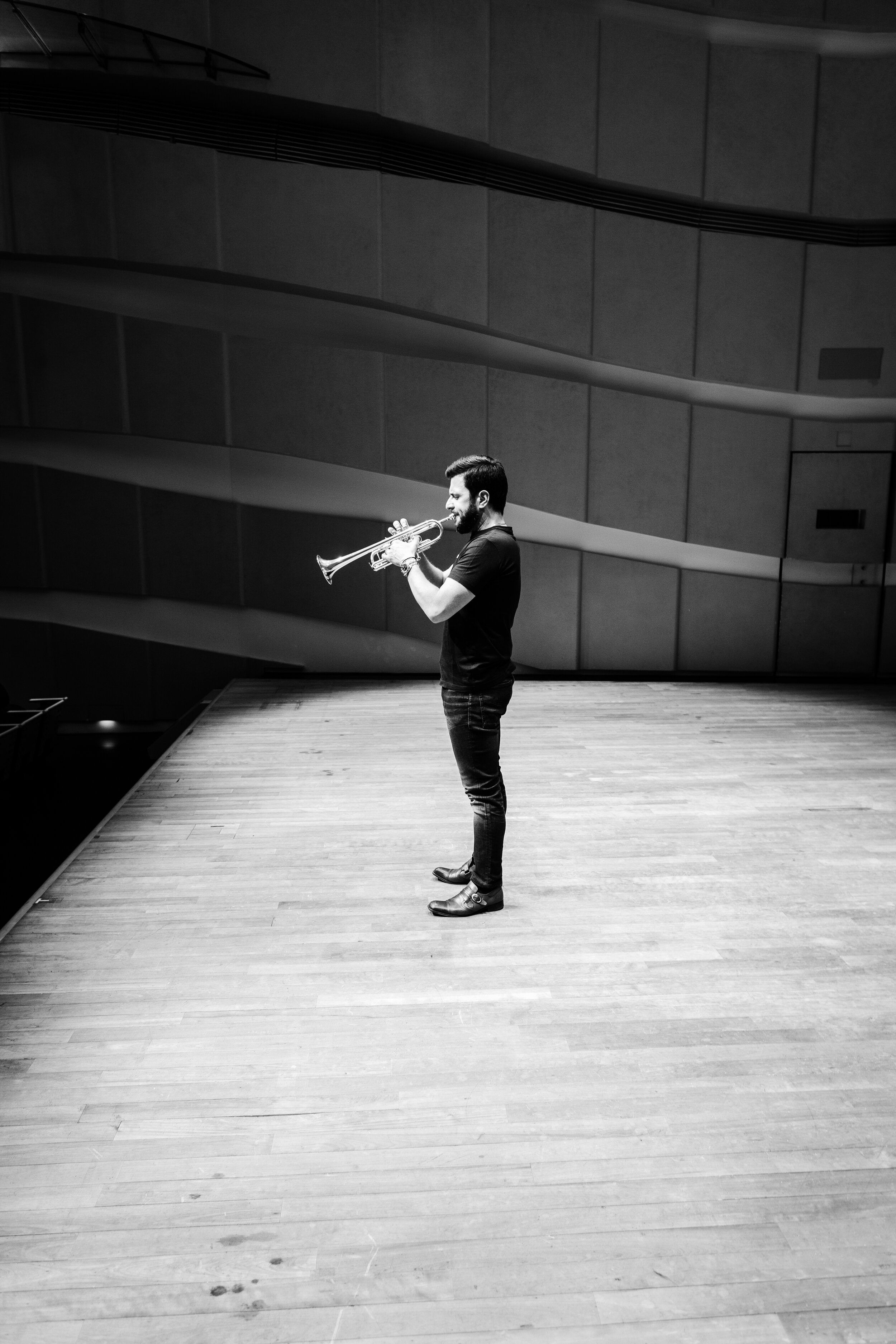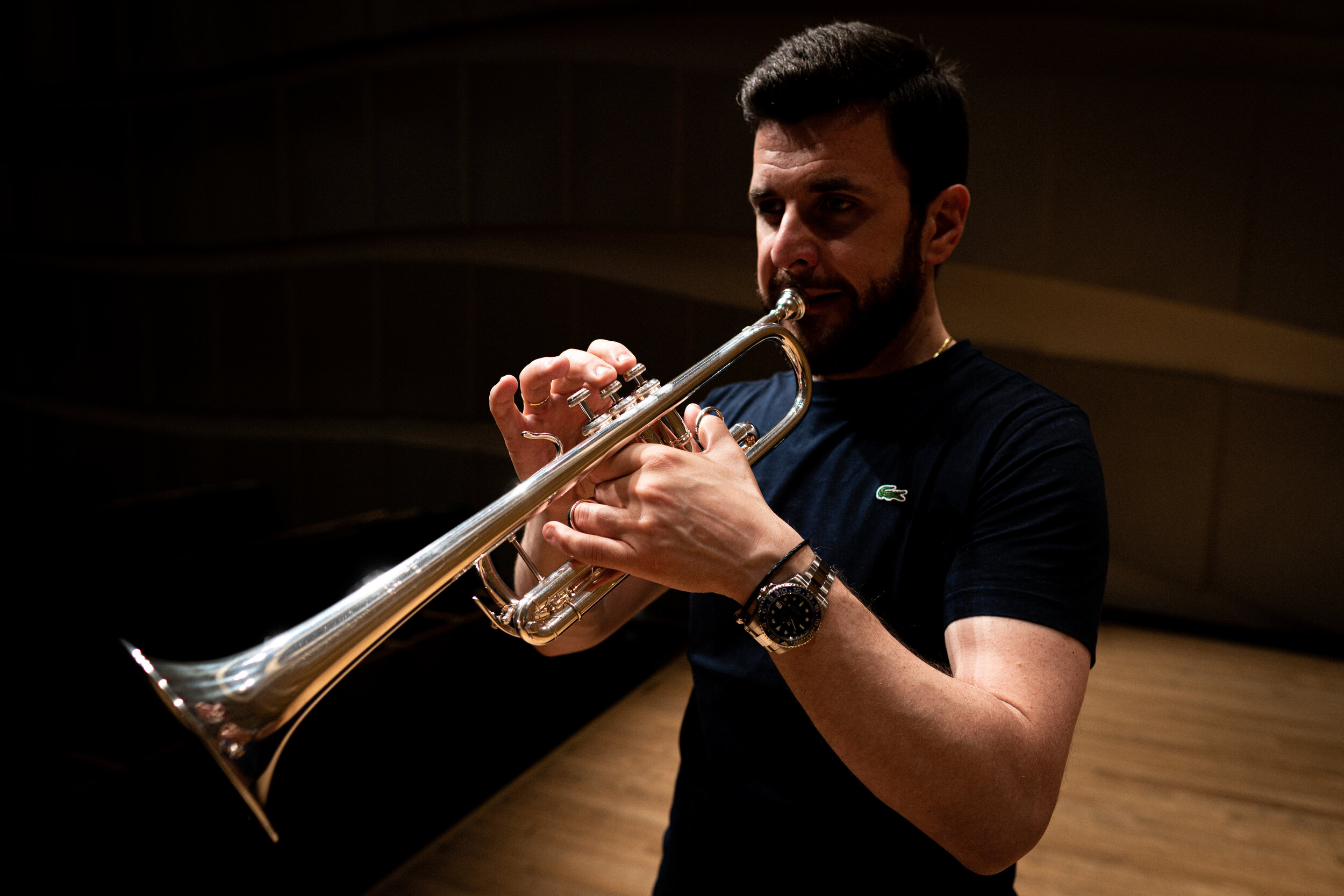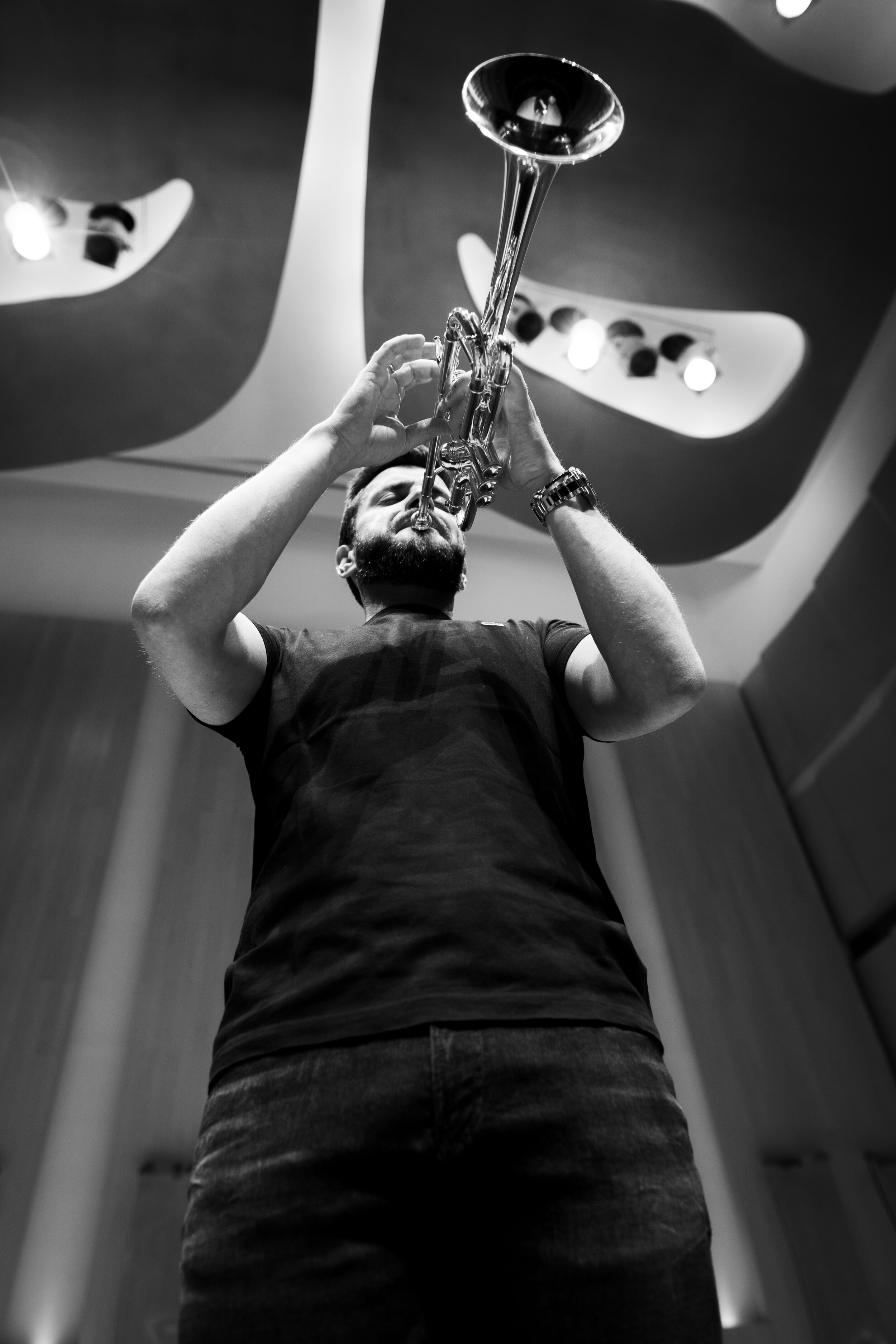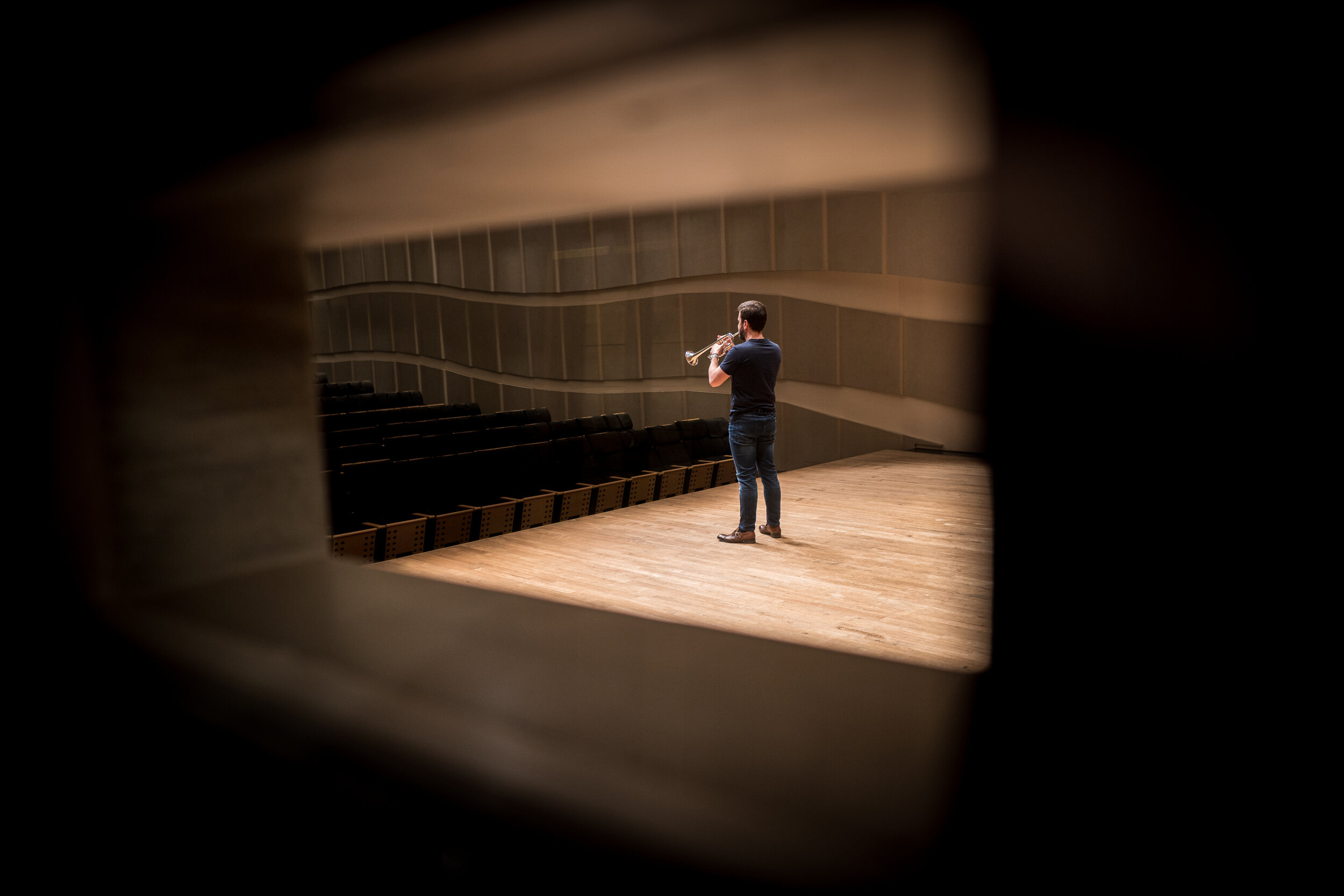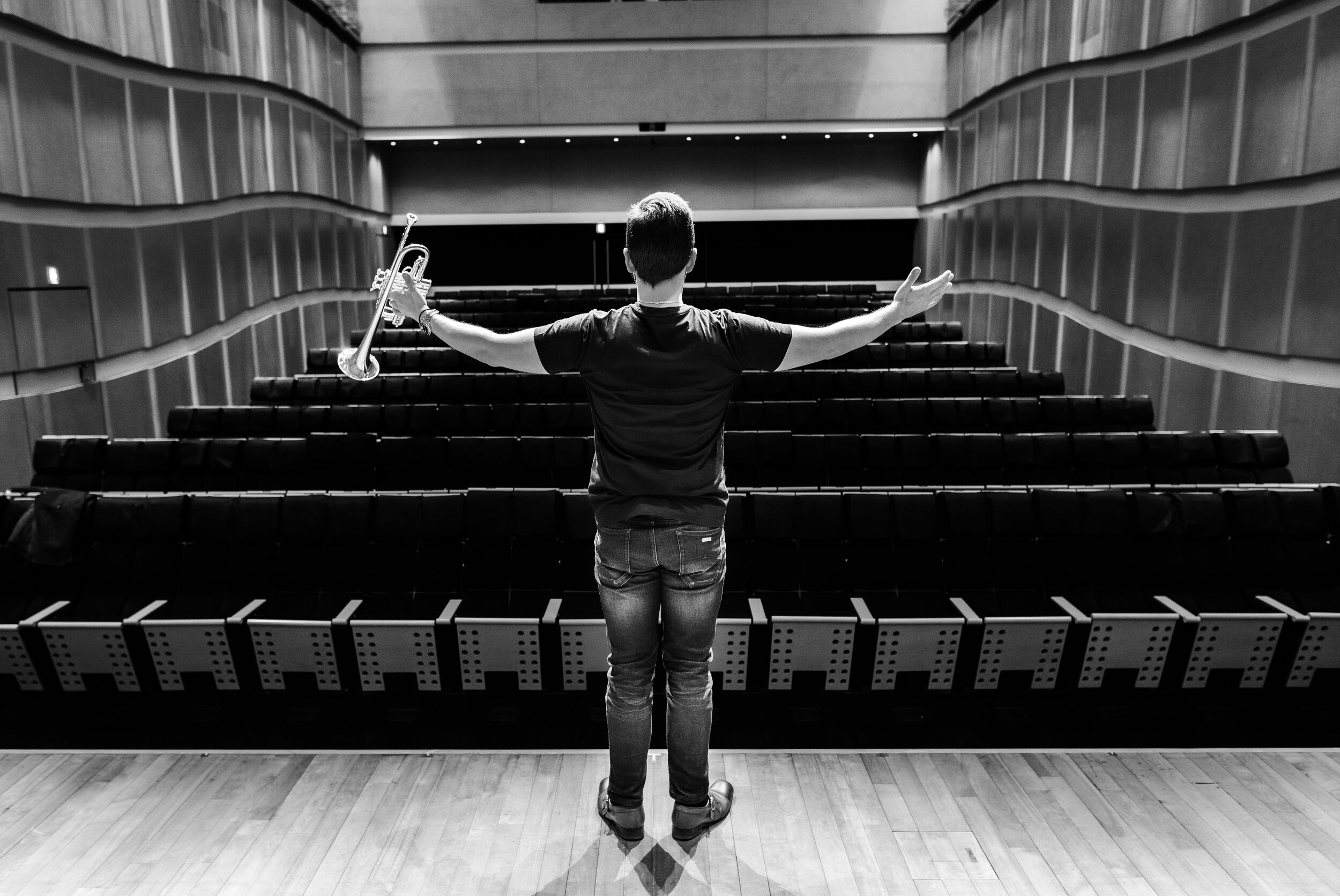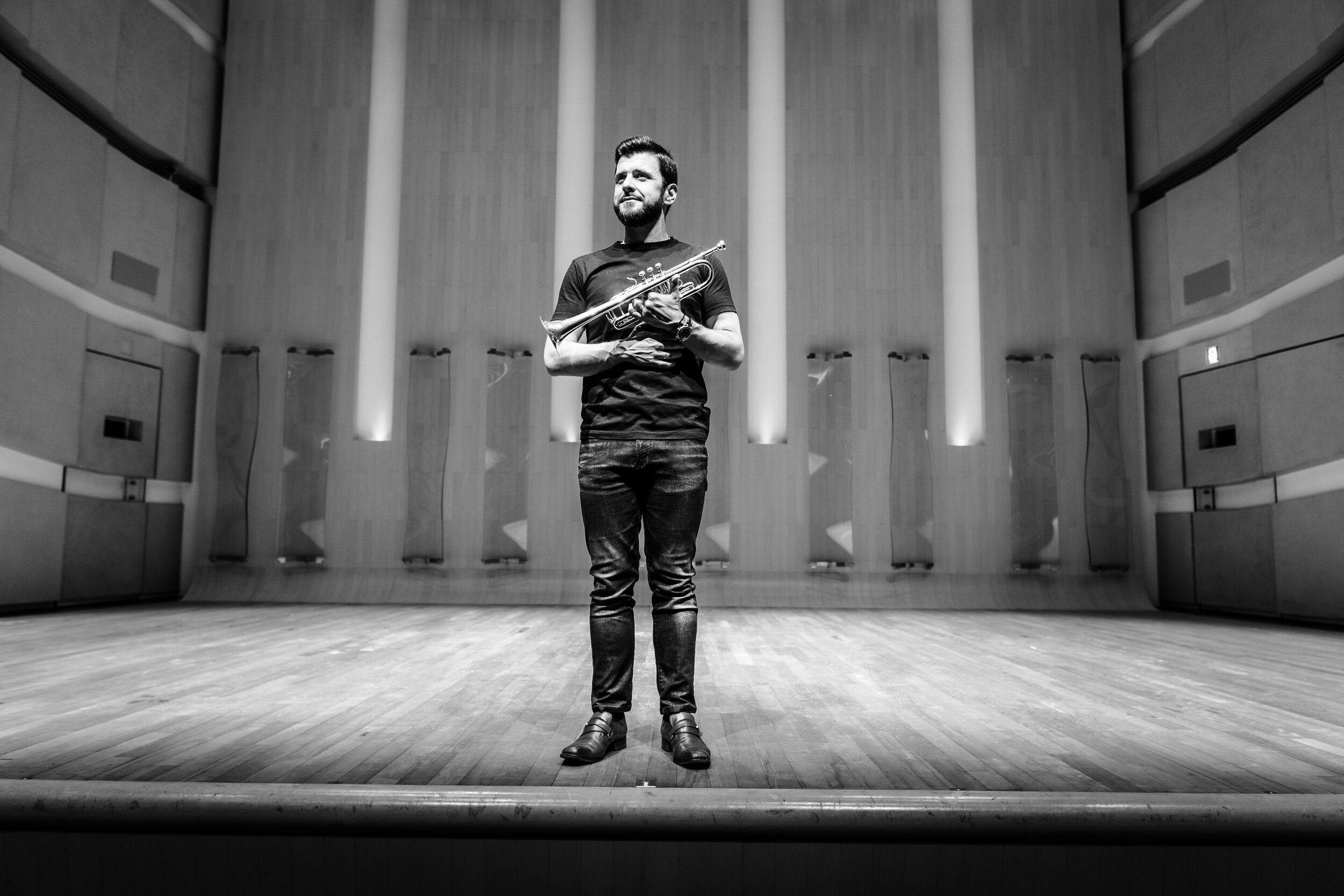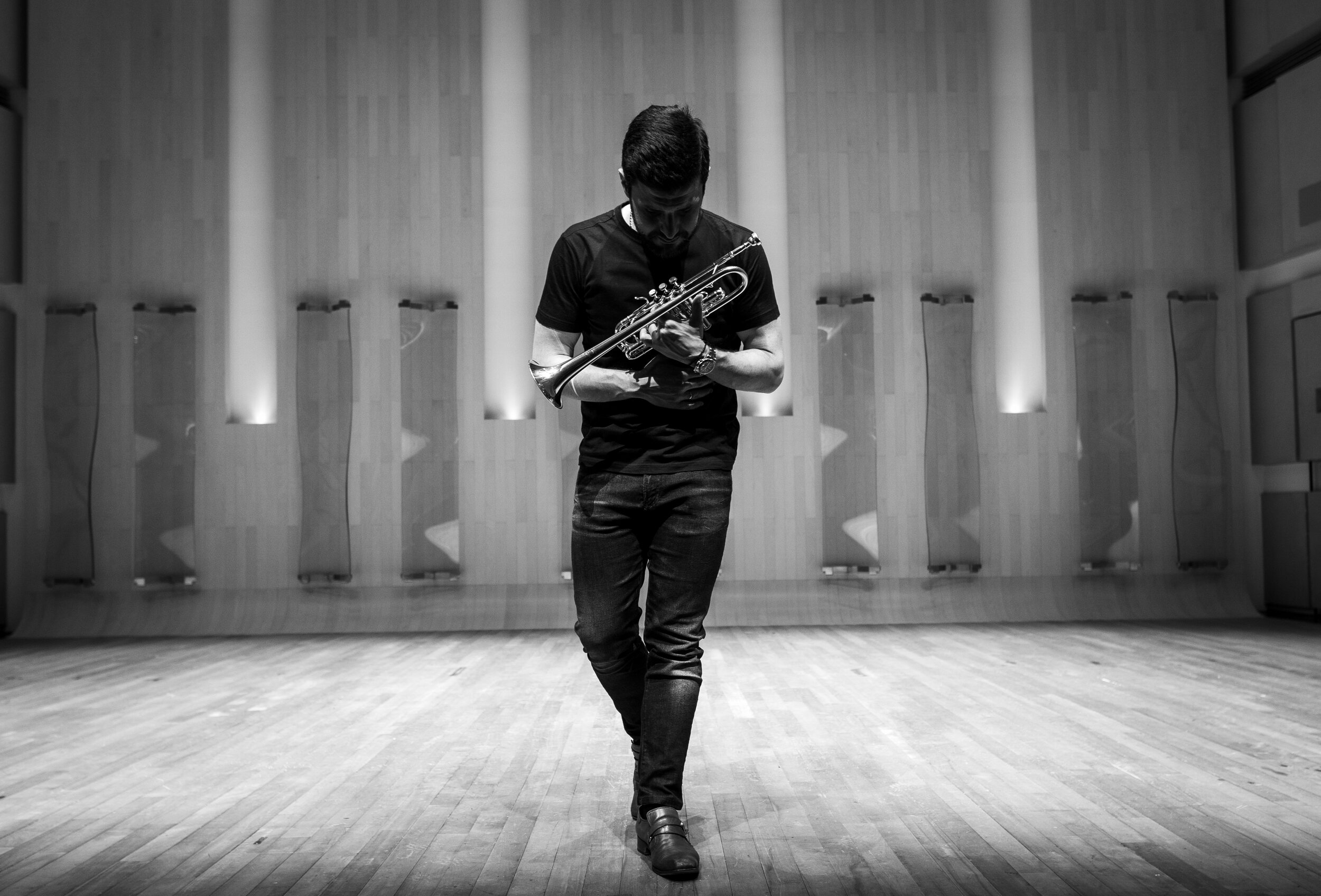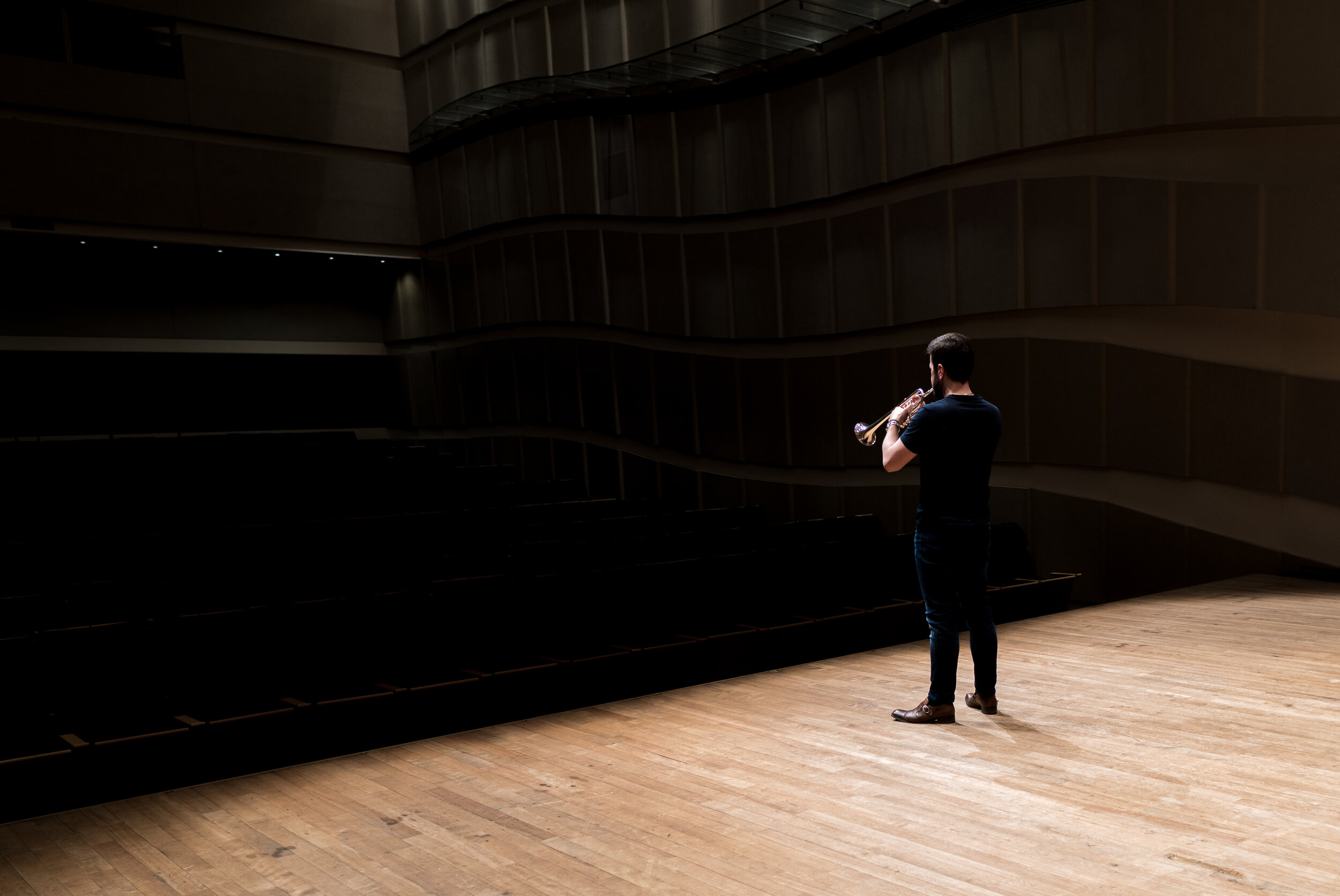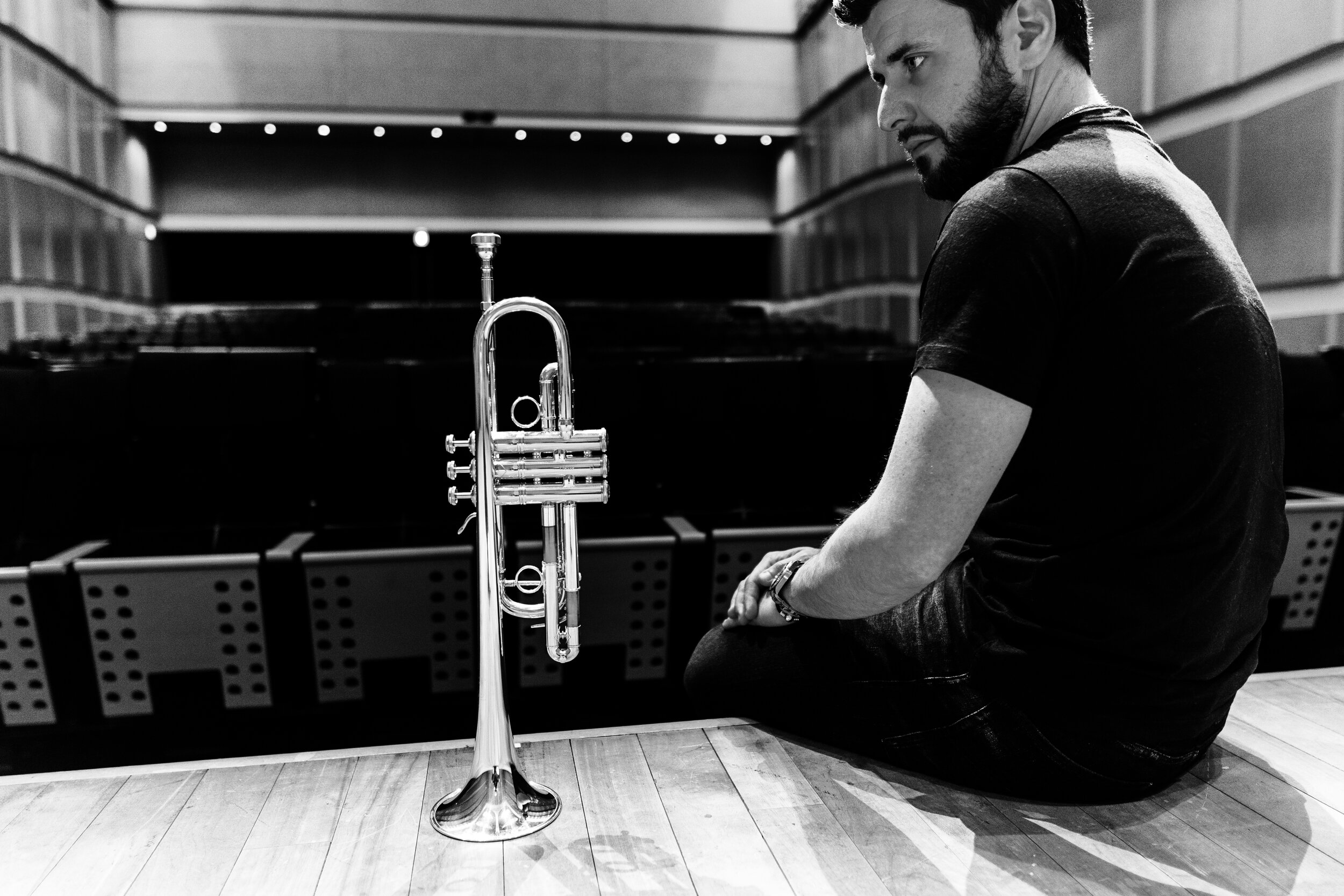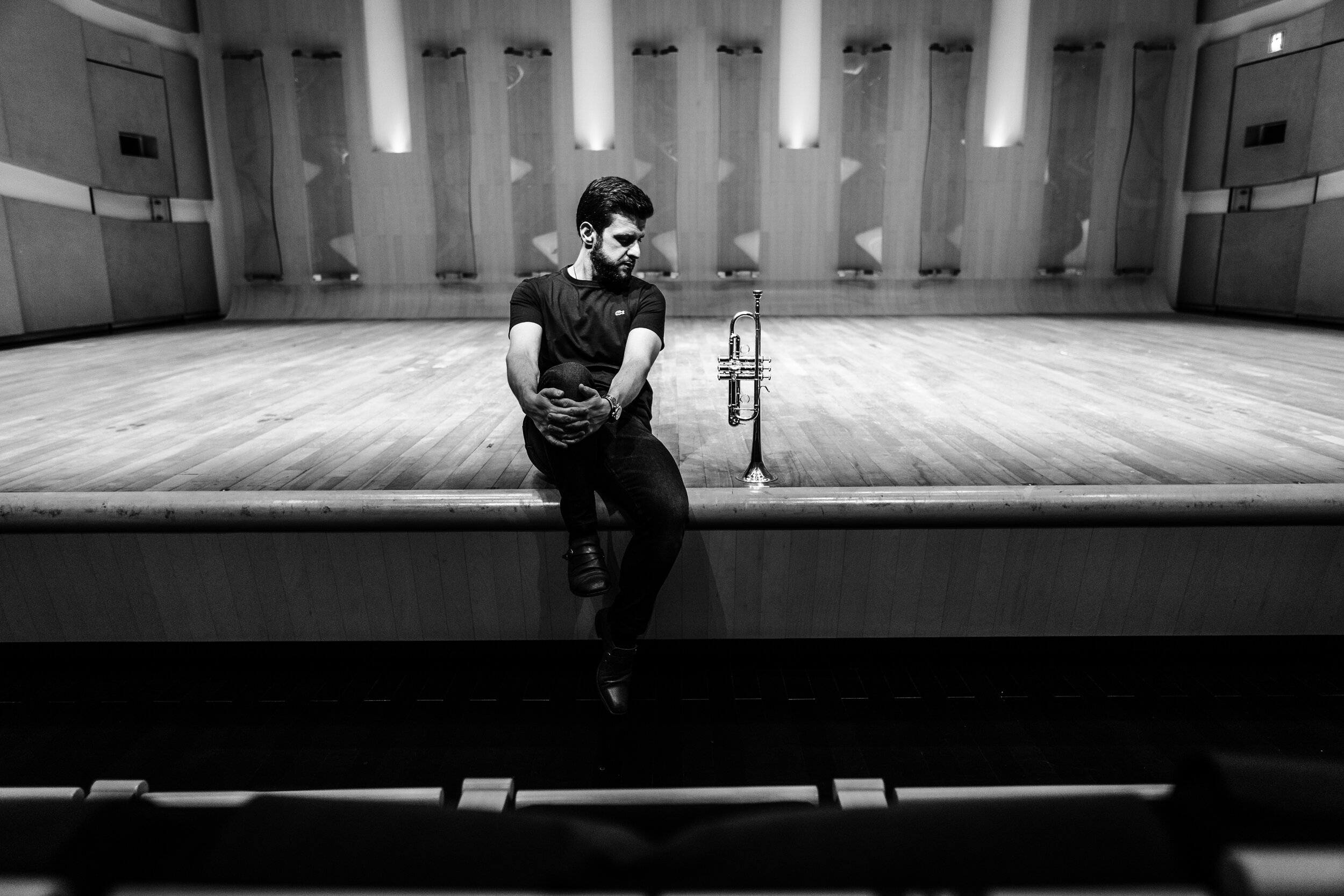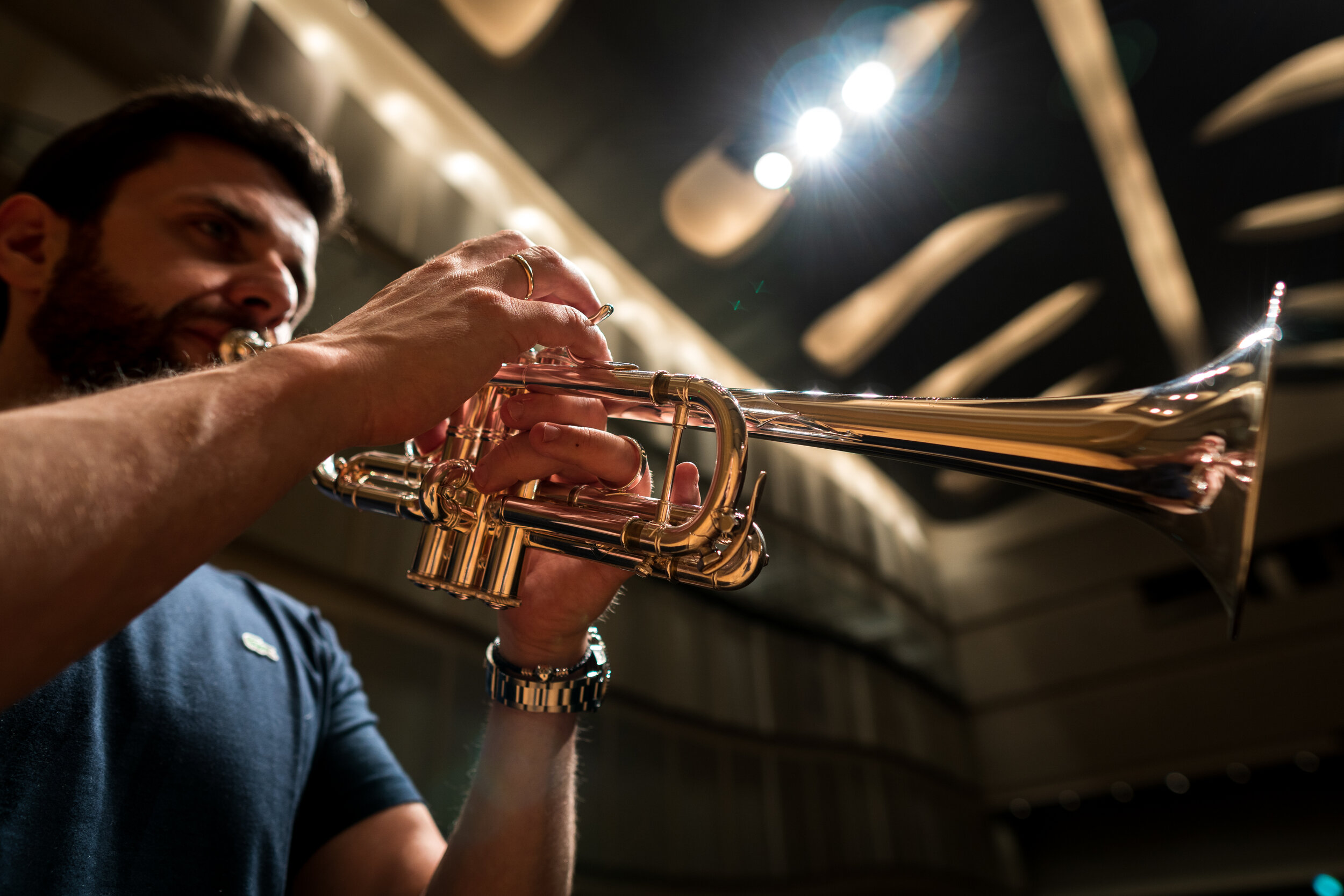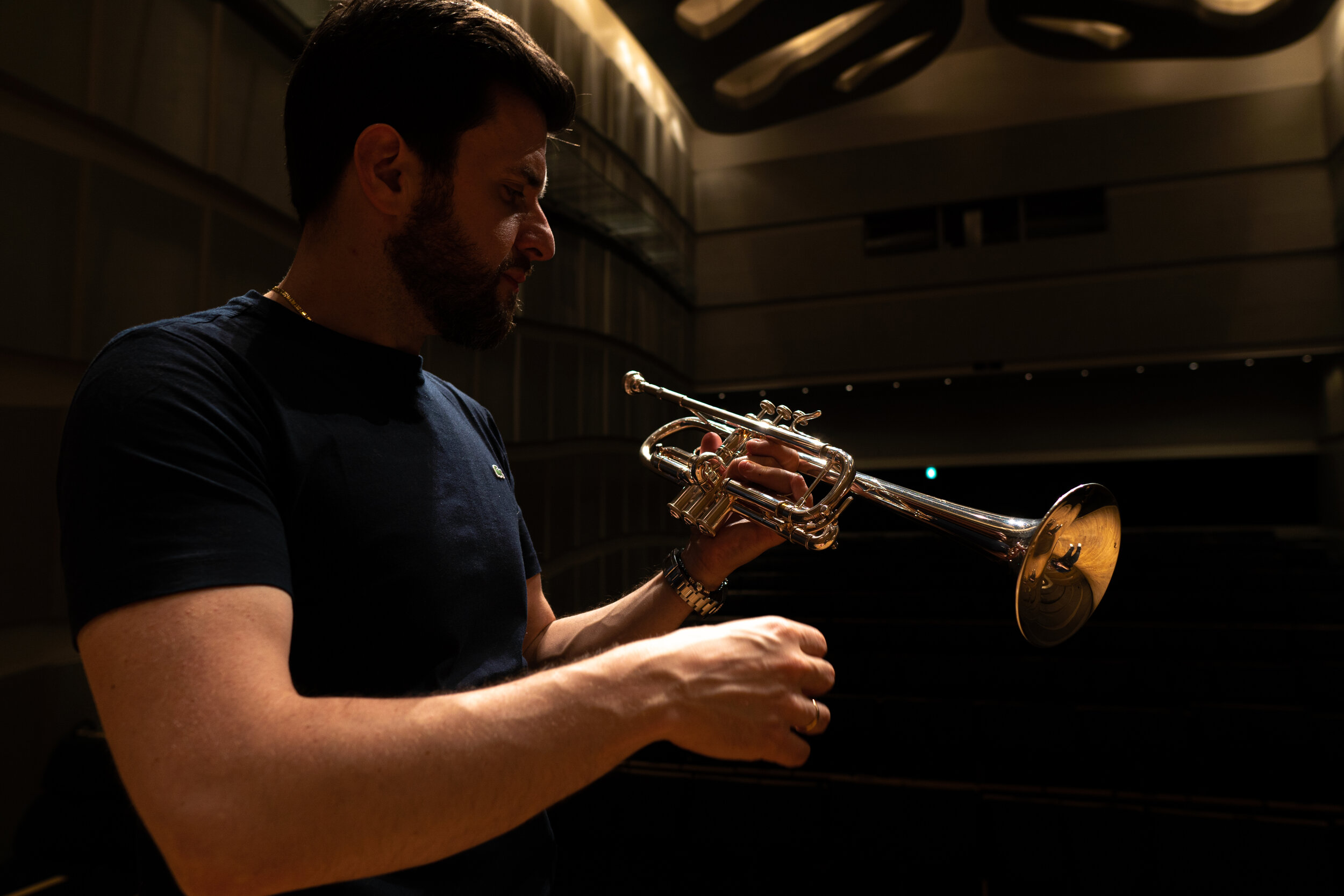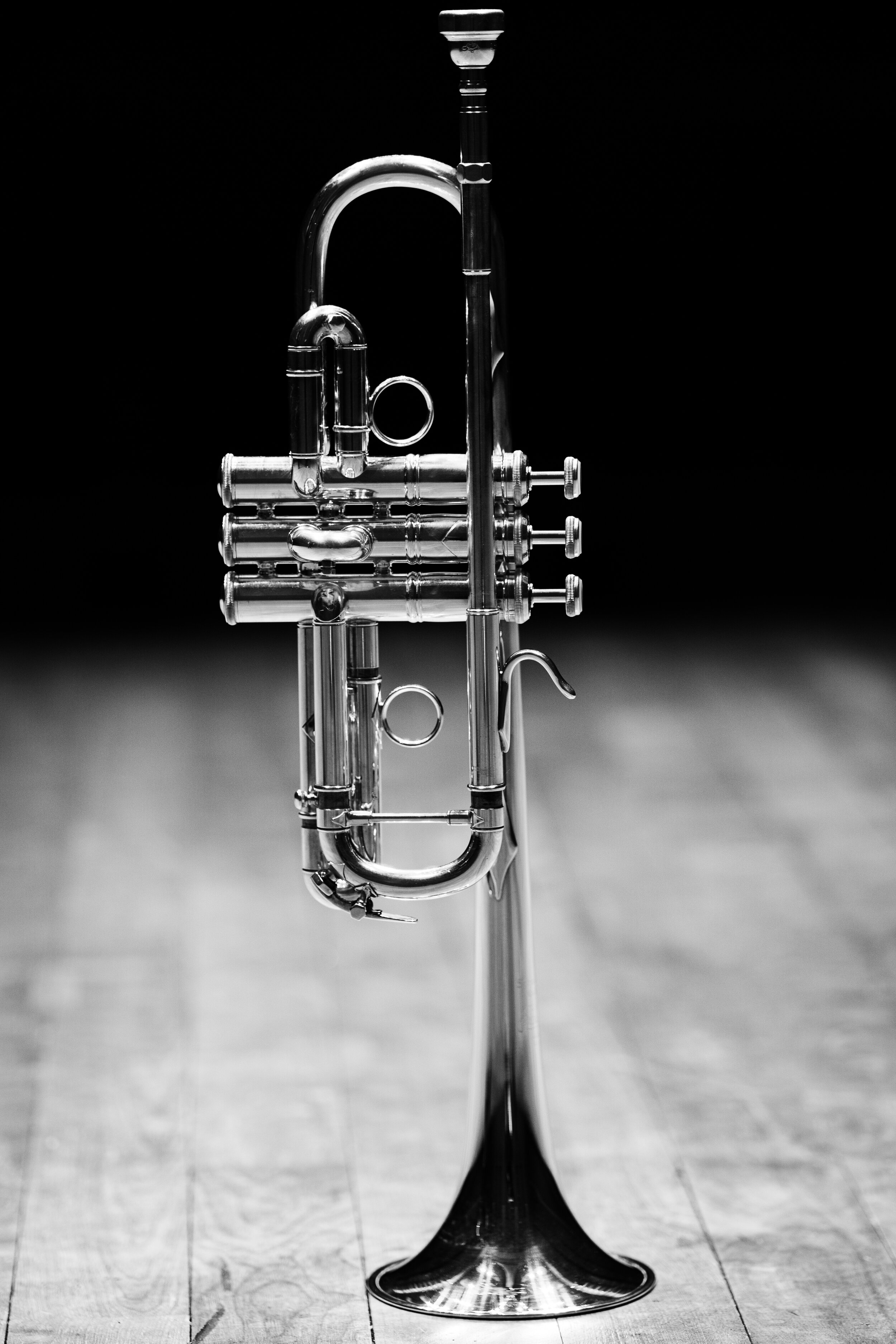Ottaviano Cristofoli, musicista.
(English below)
Il bello di fotografare un musicista mentre prova e’ che puoi godere della sua musica mentre ti adoperi a ricercare la luce migliore. Ottaviano Cristofoli nasce a Udine nel 1986 e si diploma al Conservatorio Tamodini di Udine. Nonostante l’Italia sia la culla della cultura, dell’arte e della musica, il nostro Bel Paese poco coltiva gli artisti, che spesso sono costretti ad andare all’estero per esprimere il loro talento lavorando.
Cosi’ e’ stato per Ottaviano che poco dopo il diploma nel 2004 capisce che per crescere professionalmente deve uscire dall’Italia. Dopo le prime esperienze in Italia dove segue corsi orchestrali e i corsi speciali della "Scuola di Musica di Fiesole", incomincia ad allargare i suoi orizzonti recandosi regolarmente dapprima a Chicago (USA) dove diventa Associate Member della Chicago Civic Orchestra e Associate Member della "Miami New World Symphony Orchestra (USA) e poi in Germania come componente della "Schleswig-Holstein Musik Festival Orchestra" (SHMF, Christoph Eschenbach).
Nel 2008, durante un periodo in America, entra a far parte come co-principal trumpet della "Hyogo Performing Art Center Orchestra" (HPAC) di Kobe ,in Giappone, con direttore artistico Yutaka Sado e qui iniziera’ la sua attivita’ professionale piu’ intensa.
Qual e’ il rapporto del Giappone con la musica classica?
La cultura giapponese e’ notoriamente chiusa alle diversita’, allo straniero, ma non quando si parla di musica. Anche grazie alle sue risorse economiche, Il Giappone sostiene moltissimo la musica, soprattutto quella classica europea, ma soprattutto italiana. Sostiene anche l’indotto, ci sono tante scuole, sono molto preparati, si appassionano e studiano bene e ci sono molte opportunita’ di lavoro.
Cosa critichi all’Italia?
In Italia e’ nata la cultura e la musica, siamo immersi nel bello, ma da noi la cultura e’ gratis, e questo non e’ sempre un bene, la gente non spende soldi per concerti e questo ne limita moltissimo le possibilita’. In Giappone solo a Tokyo ci sono centinaia di teatri e sale private, spesso all’interno di building normali, da noi ci sono teatri bellissimi, ma purtroppo quasi sempre vuoti.
Cos’altro?
In Giappone e’ facile lavorare nell’indotto, chi studia musica non necessariamente finisce con suonare uno strumento, anche la segretaria di un teatro in Giappone ha studiato musica, questo fa si che il livello sia molto alto. Noi insegniamo il flauto nelle scuole, non coltiviamo la cultura musicale e organizzare concerti e’ impegnativo, siamo massacrati dalla burocrazia.
Dai, anche il Giappone avra’ qualche difetto pero’?
Forse l’unico e’ che sono molto settoriali, sia negli studi che nelle loro passioni, noi eclettici in tutto, questo e’ la bellezza della nostra cultura.
Perche’ suoni la tromba?
Suono sia il sax che la tromba, mi e’ sempre piaciuto perche’ ha immense applicazioni ed e’ uno degli strumenti piu’ antichi ma che ha un repertorio anche moderno. Mi piacerebbe suonare il piano, ma quando ho studiato io al Conservatorio non era obbligatorio, ora giustamente lo e’.
Parli bene il giapponese?
Quando sono arrivato ero uno dei pochissimi stranieri e la lingua e’ in effetti il piu’ grande ostacolo, quindi ho dovuto studiarlo.
Come hai vissuto la chiusura per il Covid19?
Come tutti sono preoccupato, e’ brutto vedere le sale vuote. Spero che questa pausa non generi un cambio di abitudini del pubblico, spero che non passi il messaggio che il materiale online possa sostituire l’esperienza dal vivo, sarebbe come dire che il cibo in scatola possa sostituire l’esperienza di andare al ristorante. Non vedo l’ora di tornare al ristorante!
Cosa proponi per una giusta ripresa post covid19?
Penso sia meglio una pausa totale adesso, creare una grande attesa nel pubblico e poi ripartire bene a fine anno.
La tua citta’ preferita in Italia?
Senza dubbio UDINE.
E in Giappone?
Kanazawa, adoro il mare e le montagne.
La cosa piu’ insensata che hai comprato?
Non sono compulsivo negli acquisti, raramente compro una cosa che non mi serve ma se mi serve non ci penso molto, eccetto quando ho ricomprato una Alfa Spider GTV del 2000, fu la mia prima auto e ho voluto ricomprarla, ma mai usata.
///////////////////////
(English version)
The great thing about photographing a musician while rehearsing is that you can enjoy his music as you try to find the best light. Ottaviano Cristofoli was born in Udine in 1986 and graduated from the Tamodini Conservatory of Udine. Although Italy is the cradle of culture, art and music, our “Bel Paese” hardly cultivates artists, who are often forced to go abroad to express their talent by working.
So it was for Ottaviano that shortly after graduating in 2004 he understood that to grow professionally he had to leave Italy. After the first experiences in Italy where he follows orchestral courses and special courses of the "Scuola di Musica di Fiesole", he begins to broaden his horizons by going regularly to Chicago (USA) where he becomes Associate Member of the Chicago Civic Orchestra and Associate Member of "Miami New World Symphony Orchestra (USA) and then in Germany as part of the "Schleswig-Holstein Musik Festival Orchestra" (SHMF, Christoph Eschenbach).
In 2008, during a period in America, he joined as co-principal trumpet of the "Hyogo Performing Art Center Orchestra" (HPAC) of Kobe, Japan, with artistic director Yutaka Sado and here he will begin his professional activity..
What is Japan's relationship with classical music?
Japanese culture is notoriously closed to diversity, to foreigners, but not when it comes to music. Also thanks to its economic resources, Japan strongly supports music, especially European classical music, but above all Italian. It also supports the related industries, there are many schools, they are very prepared, they are passionate and study well and there are many job opportunities.
What do you criticize for Italy?
In Italy culture and music was born, we are immersed in beauty, but culture is free for us, and this is not always a good thing, people do not spend money on concerts and this greatly limits possibilities. In Japan only in Tokyo there are hundreds of theaters and private rooms, often inside normal buildings, in Italy we have beautiful theaters, but unfortunately almost always empty.
What else?
In Japan it is easy to work in related industries, those who study music do not necessarily end up playing an instrument, even the secretary of a theater in Japan has studied music, and this means that the level is very high. We teach the flute in schools, we don't cultivate musical culture and organizing concerts is challenging, we are massacred by bureaucracy.
Come on, will Japan also have some flaws?
Perhaps the only one is that they are very sectorial, both in their studies and in their passions, we are eclectic in everything, and this is the beauty of our culture.
Why do you play the trumpet?
I play both the sax and the trumpet, I have always liked it because it has immense applications and is one of the oldest instruments but which also has a modern repertoire. I would like to play the piano, but when I studied at the Conservatory it was not mandatory, now it is rightly so.
Do you speak Japanese well?
When I arrived I was one of the very few foreigners and the language is actually the biggest obstacle, so I had to study it.
How did you experience the closure for Covid19?
As everyone I am worried, it is bad to see the empty rooms. I hope this pause does not generate a change in the audience's habits, I hope that the message that the online material can replace the live experience does not pass, it would be like saying that canned food can replace the experience of going to the restaurant. I can't wait to go back to the restaurant!
What do you propose for a right post-covid19 recovery?
I think it's better to have a total break now, to create a great expectation in the audience and then to start well at the end of the year.
Your favorite city in Italy?
Without a doubt UDINE.
And in Japan?
Kanazawa, I love the sea and the mountains.
The most senseless thing you bought?
I am not compulsive in shopping, I rarely buy something that I don't need but if I need it I don't think about it much, except when I bought an Alfa Spider GTV, it was my first car and I wanted to buy it again, but never used.


